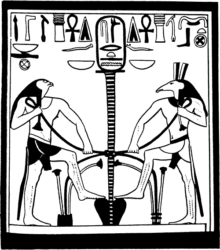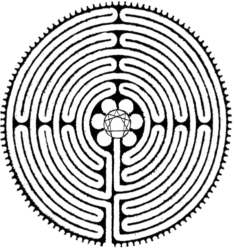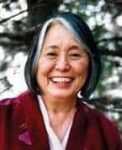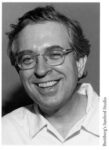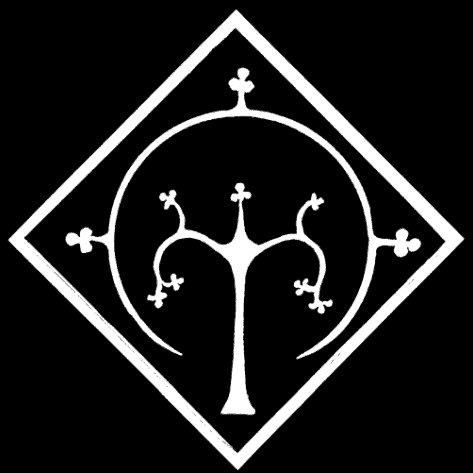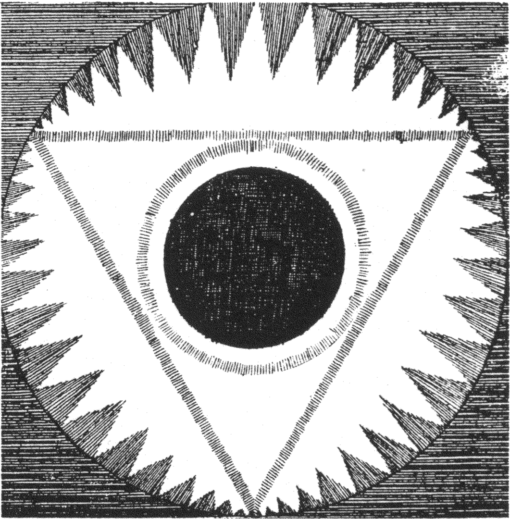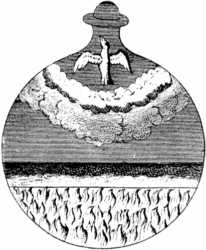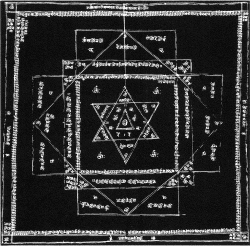Mythology and Psychology: A Jungian Perspective
This episode is part one of the series Myth and Psyche: An Introduction to Jungian Perspectives on Human Mythology. It was recorded in 1992.
According to Jung, myth-making is a natural and impersonal potential present in the collective unconscious of all peoples throughout all times. Drawing on the contributions of Jung, Campbell, and Eliade, this course explores the role of myth in human life. Five of the major mythological themes prominent in world mythology are examined in terms of their contemporary psychological and cultural significance:
- Mythology of Creation
- Mythology of The Divine Child
- Mythology of The Hero
- Mythology of The Shaman
- Mythology of The Apocalypse
This episode is the introductory session for the series, titled “Mythology and Psychology: A Jungian Perspective”.

Podcast: Play in new window | Download (86.0MB)
For the complete series, CLICK HERE
For all of Dr. Moore’s lectures, CLICK HERE
© 1992 Robert Moore. This podcast is licensed under a Creative Commons Attribution-NonCommercial-NoDerivatives 4.0 International License. You may share it, but please do not change it, sell it, or transcribe it.
Music by Michael Chapman
Edited and produced by Benjamin Law

